Projects
Individual Development
To the project browser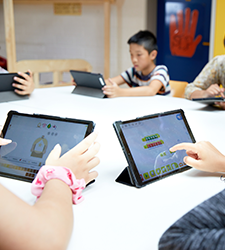
CatMo – Arena
Category learning tasks are experimental paradigms used to study how humans acquire and apply categorical knowledge. Participants learn to classify multi-feature stimuli into categories without being explicitly told the underlying rules. Performance in these tasks provides insight into processes of generalization, abstraction, and memory.
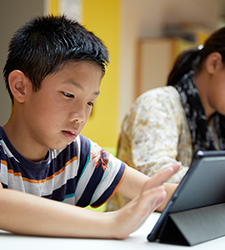
MoMoView
The aim of the project is to investigate individual differences in visual perception and memory for scenes, in particular how people of different ages remember previously viewed scenes and how gaze patterns differ between viewing and recalling scenes.
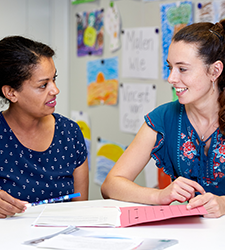
TeWiPrax
In the TeWiPrax project, researchers and teachers from the group „Sprachförderung/Mehrsprachigkeit“ of the “Campusschulen” program collaboratively develop and test materials that support secondary school students in understanding scientific texts. A particular focus is on academic and subject-specific vocabulary.

LEECHI
The aim of the project is to better understand how information is distributed in the children’s naturalistic environment and sampled by young children from their first-person perspective with modern technologies including wearable devices and deep learning models.

Wurmloch
The idea of the ‘wormhole’ is often used in science fiction to visualise different dimensions of a plot.
In this pilot study with pre-school and primary school children, we try to transfer this idea to the development of knowledge of meaning.
For example, how do environmental changes relate to the development of semantic knowledge?
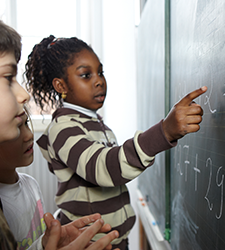
WieSeL
The WieSeL project is concerned with teachers’ self-regulation skills. It focuses on the question of which aspects of teachers’ professional competence support the promotion of self-regulation in school children’s learning.
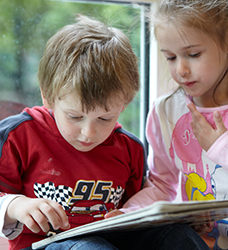
Vari
This project investigates how preschool children cope with linguistic variation. The focus is on the acquisition of adjectives such as big, clean or yellow. The project thus contributes to the question of how children acquire the grammatical rules of their first language and the meaning of utterances when the linguistic input is ambiguous.
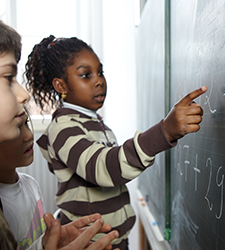
PuS-SeL
The PuS-SeL project investigates components, influencing factors and approaches to promote self-regulation in primary school children’s learning.
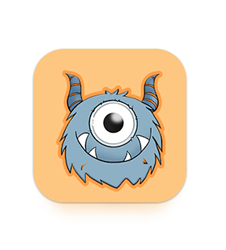
PROMPT
The PROMPT project is developing an evidence-based, child-friendly prototype of a learning planner application to support students in self-regulated learning with digital media. The final version of the prototype will be made freely available for widespread use.
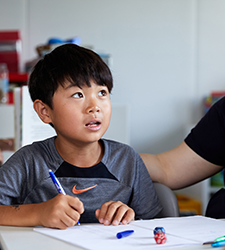
Memokid 2.0
We investigate the extent to which strategic and incidental learning might modulate the efficiency of memory consolidation of events over time. We also investigate how this process might differ between children and young adults.